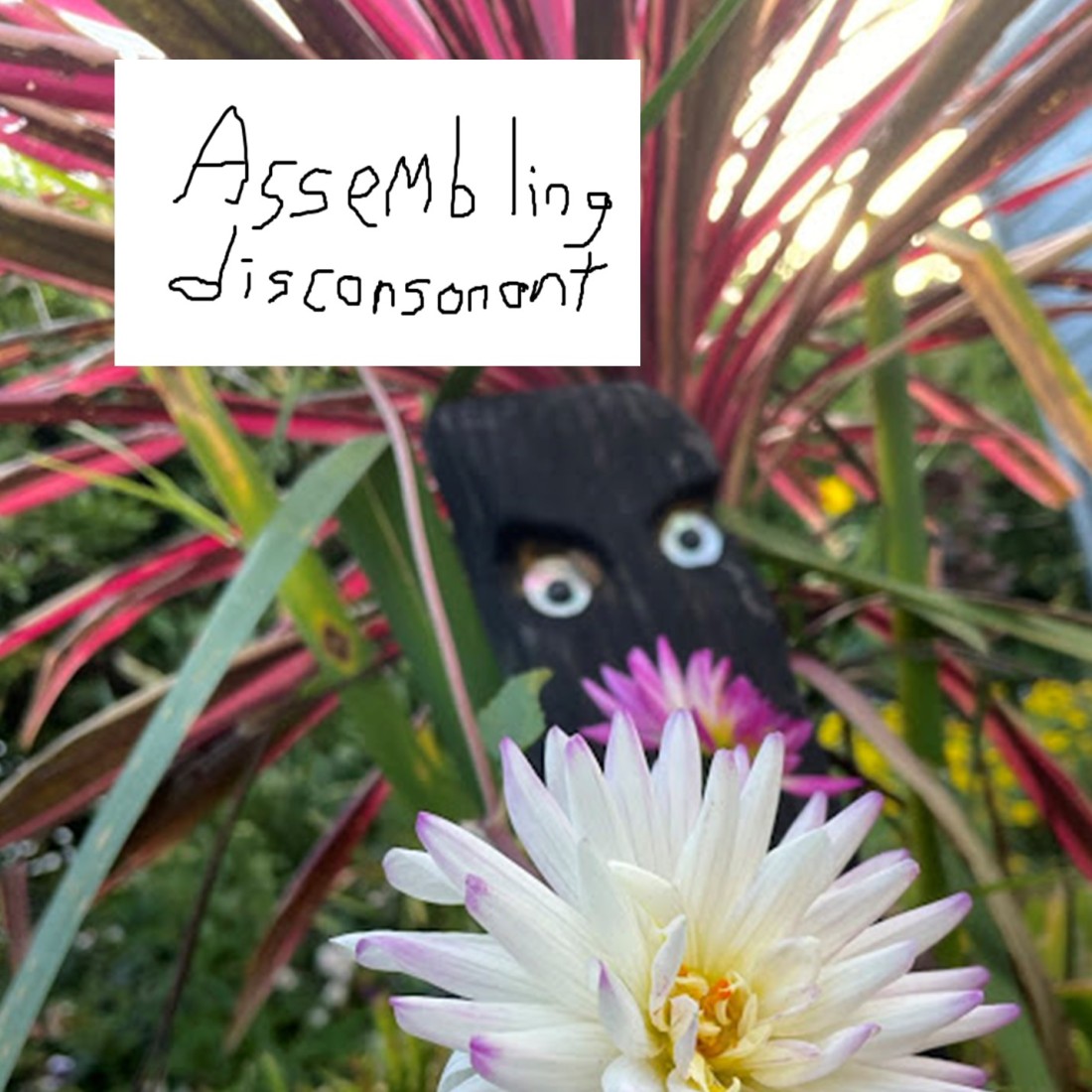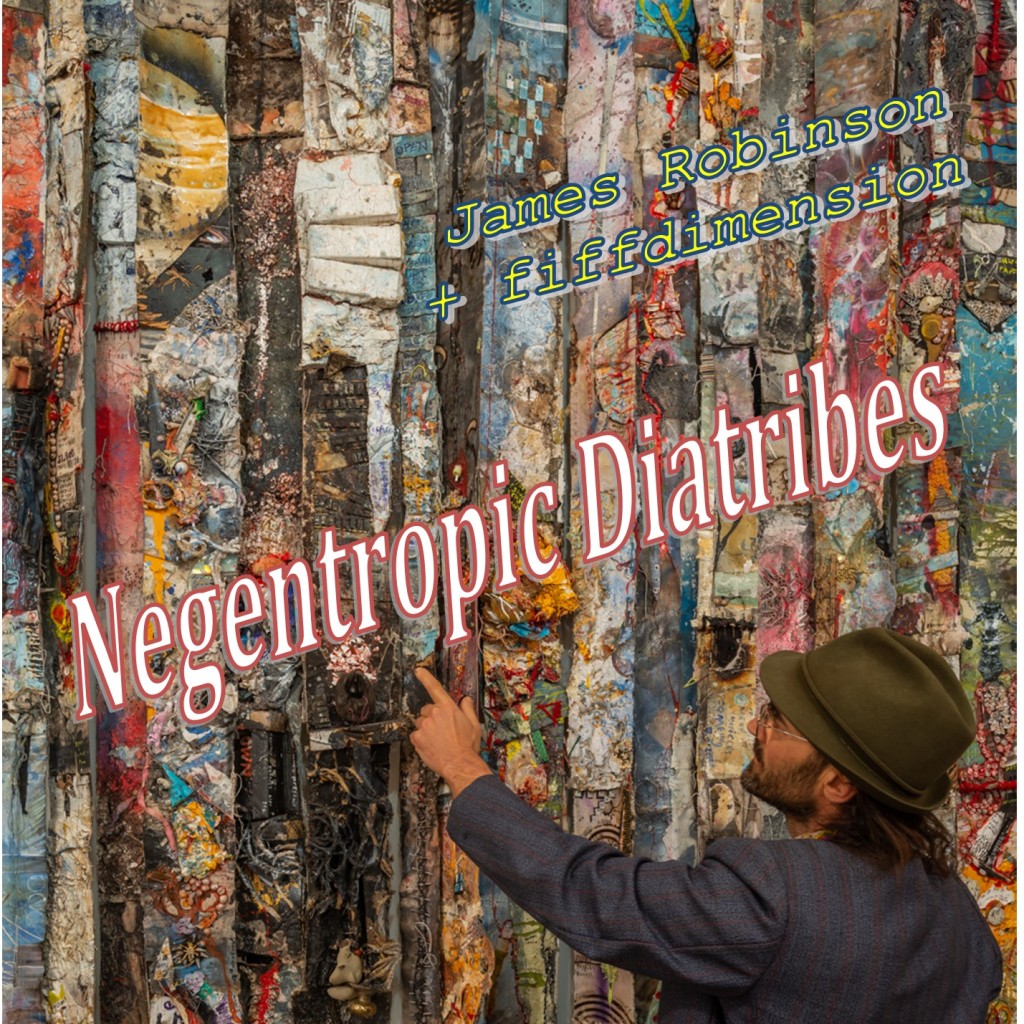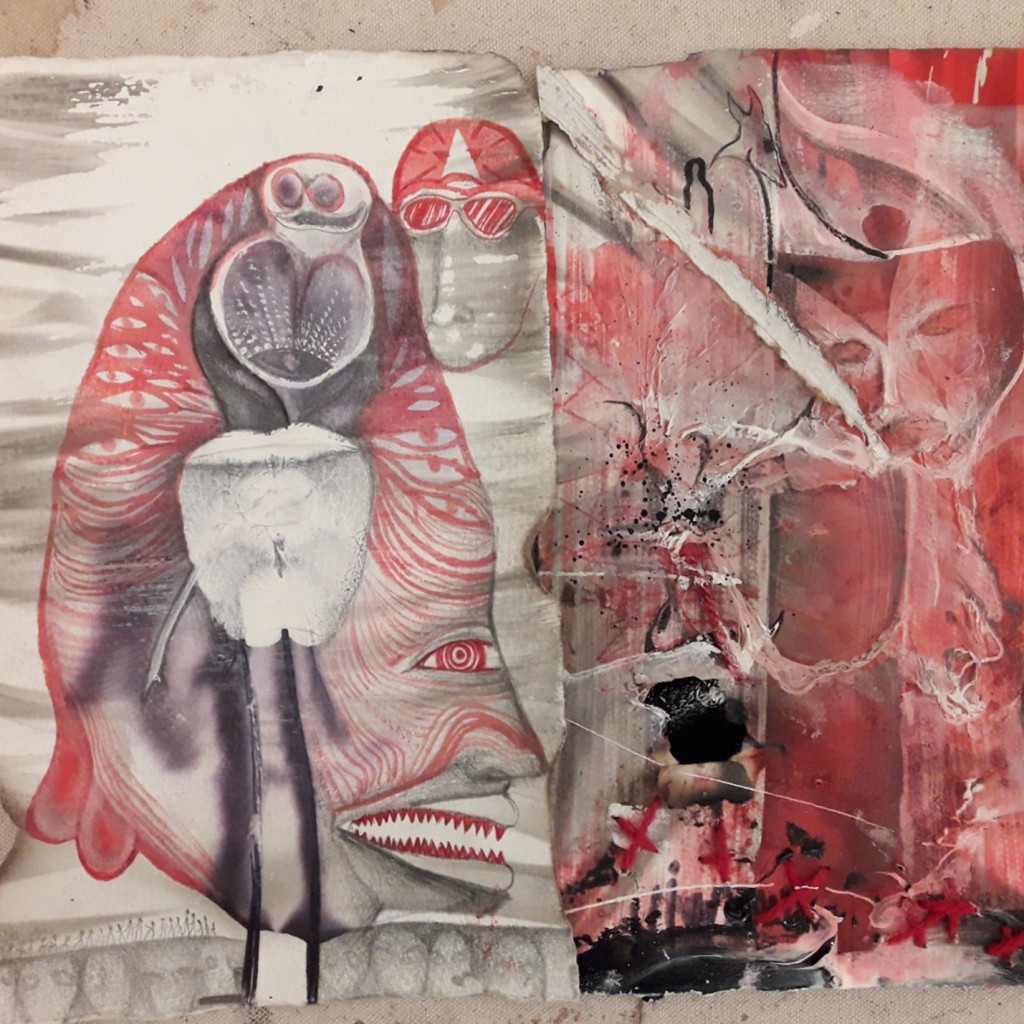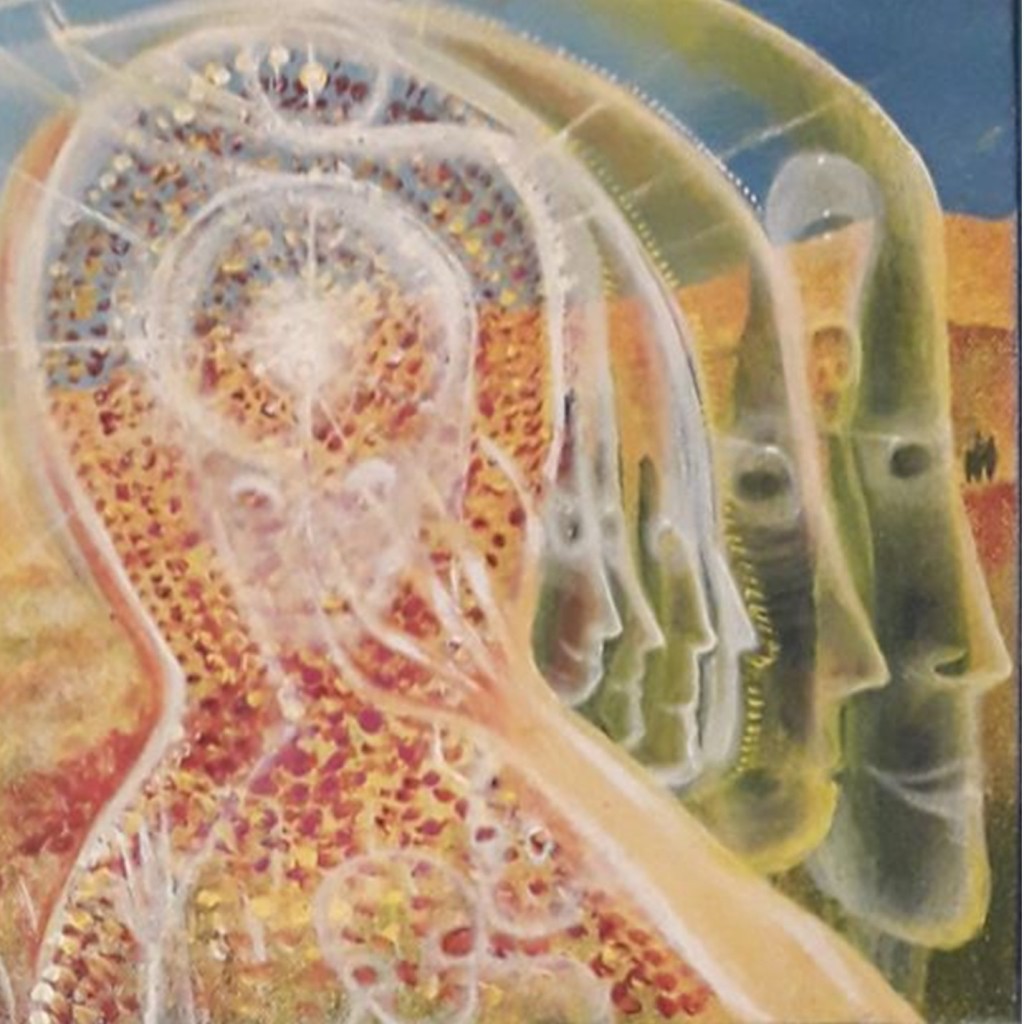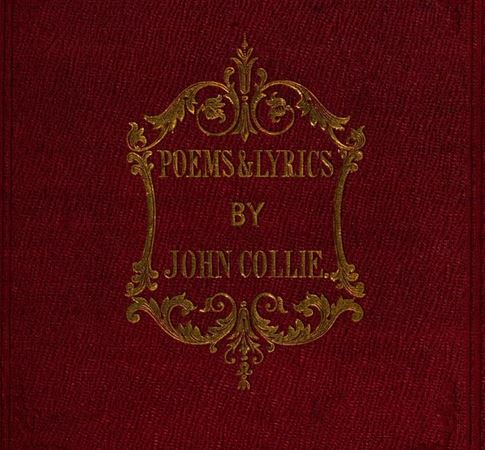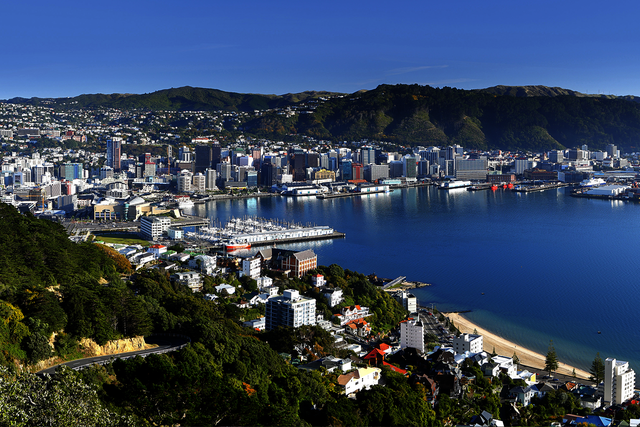New improvisational raw material post-composed & aleatory generative texts added, in a kiwi accent:
I did the bass improvisation first, then played along with it on guitar and banjo, then improvised vocals with nonsensical words (Paul McCartney conjuring ‘get back’ in the documentary), transcribed, rewrote into English words (if not grammar), and fed that into Google search and read out cutups (Burroughs) of the search results to supplement it… I’ve had hangups for years about writing, so was looking for ways to short circuit my conscious doubt.
the title ‘assembling disconsonant’ describes the method?
meaning is optional
chance methods are supplementary
but starting with the bass part ensures the whole thing is built on a (human) groove& stylistically a middle aged update of (early 2000s) solo pieces like https://fiffdimension.bandcamp.com/track/in-a-who-gets-to-who-who-does-him
“I liked the lyrics… the the way meaning gets assembled through shattered snap shots of a picture we may never see”
– Dr Emit Snake-Beings
